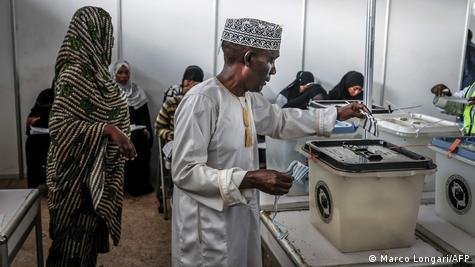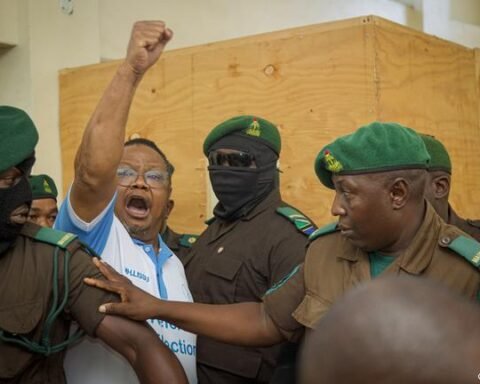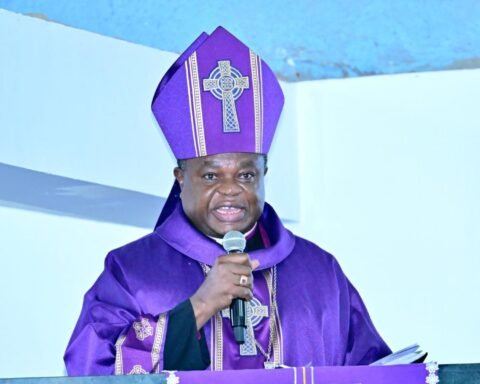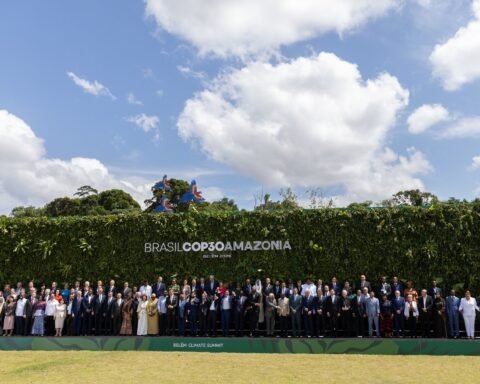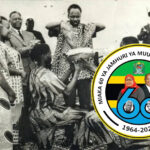International observer teams have raised serious concerns about the conduct of Tanzania’s 29 October general election. While logistical efforts by the Independent National Electoral Commission (INEC) were broadly noted, major democratic issues overshadowed the process.
The mission of the Southern African Development Community (SADC) Election Observation Mission (SEOM) reported that, “in most areas, voters could not express their democratic will.” According to their preliminary statement, systems were in place — for example, 93 % of polling stations opened on time and 96 % had the correct materials — yet other factors compromised fairness.
Observers cited intimidation of opposition parties, internet shutdowns during vote closing and counting, and troubling indications of ballot‑box tampering. Many stakeholders flagged concerns that the electoral body lacks independence, since commissioners are appointed by the President, who is also chair of the ruling party and a presidential candidate.
At the same time, the European Union issued a statement expressing deep misgivings about pre‑ and post‑poll events, including instances of violence, multi‑day internet blackouts, and alleged irregularities during counting. The mission called for a comprehensive reform of the electoral framework.
Also Read:Russian Officials Prepare for Potential Nuclear Tests
On its part, the Tanzanian government insisted the election had been carried out transparently and in full adherence to democratic standards. In a statement issued on 1 November, the Minister for Foreign Affairs and East African Cooperation, Mahmoud Thabit Kombo, reaffirmed the government’s commitment to democracy while recognising isolated incidents of law‑and‑order disruption.
In her inauguration address on 3 November, President Samia Suluhu Hassan echoed the words of the late former President Benjamin Mkapa, calling for national unity and the strengthening of institutions.
SEOM’s recommendations focus on three major reforms:
- Allowing independent (non‑party) candidates to stand and enabling legal challenge of presidential results — currently barred under Tanzania’s Constitution.
- Strengthening the accreditation and protection of observer missions and ensuring they are not obstructed by internet shutdowns or access restrictions.
- Reforming the oversight of the electoral management body and the broader legal framework to ensure greater accountability, fairness, and participation.
These recommendations arrive at a crucial moment for Tanzania’s democratic trajectory. The government faces a choice: accept meaningful reform, or risk deepening the credibility crisis of future elections. Citizens are reminded that democracy is not only about casting ballots, but about the guarantee that every voice is heard, every process transparent, and every institution independent.

